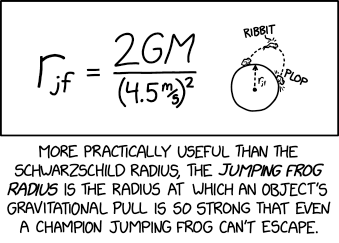https://prokopetz.tumblr.com/post/803076483897868288
untimelytophat:
prokopetz:
prokopetz:
It’s fascinating to me how every time a developer on a major franchise tries to introduce an overhyped rival-type character who turns out to be kind of nothing the moment he has to carry a title rather than lurking at the periphery, they always give him the same stupid backstory.
@creatures-5 replied:
That being..?
“I want to avenge myself upon the protagonist for a personal tragedy which I’ve decided is their fault, but since the writers can’t allow the hero’s image to be tarnished even by proxy it’s made textually clear that they were barely involved, so in practice I’ve inexplicably devoted my life to vengeance against someone who was just sort of there.”
OOOOOOOOH. So that’s why Mr. Ulysses McBear&Bull of New Vagas fame was just kinda… like that.
Maybe. It comes up so much that it can be genuinely hard to tell when it’s the classic “we wanted the villain to have a personal connection but marketing wouldn’t let us have the hero have done anything to actually warrant any sort of animosity” deal, when it’s just someone thoughtlessly replicating the trope even though they didn’t have to because they’ve seen it a thousand times, and when it’s being invoked on purpose to Make A Point.
https://prokopetz.tumblr.com/post/803076483897868288


